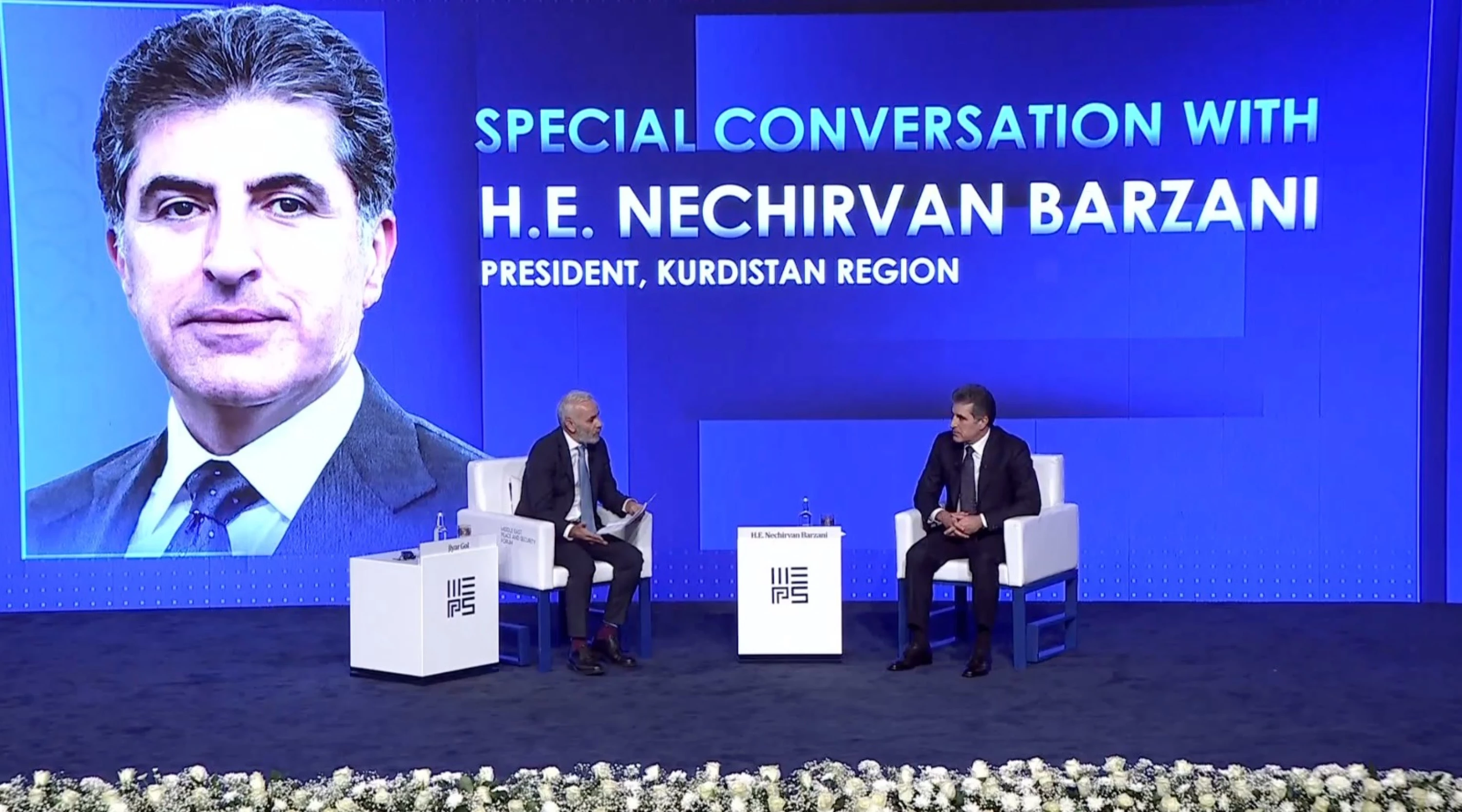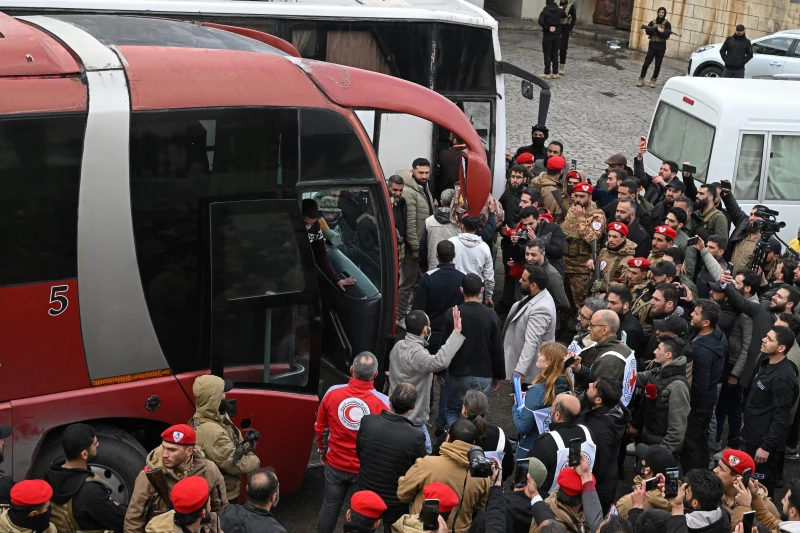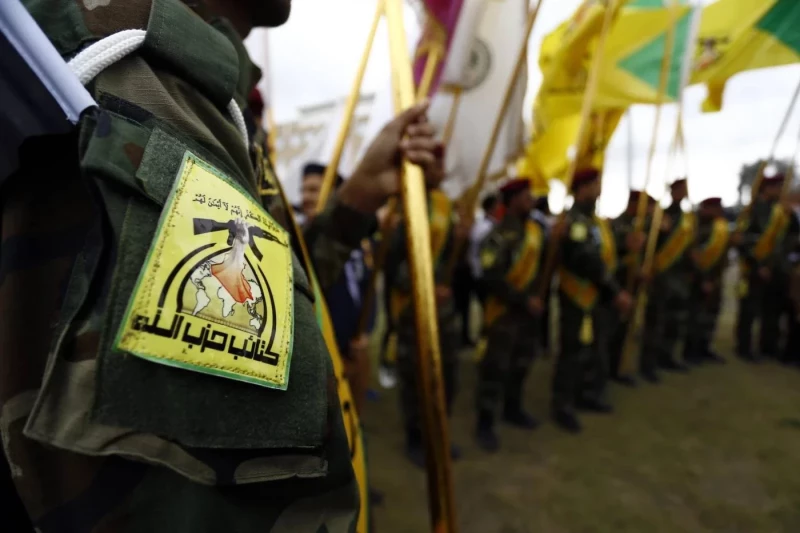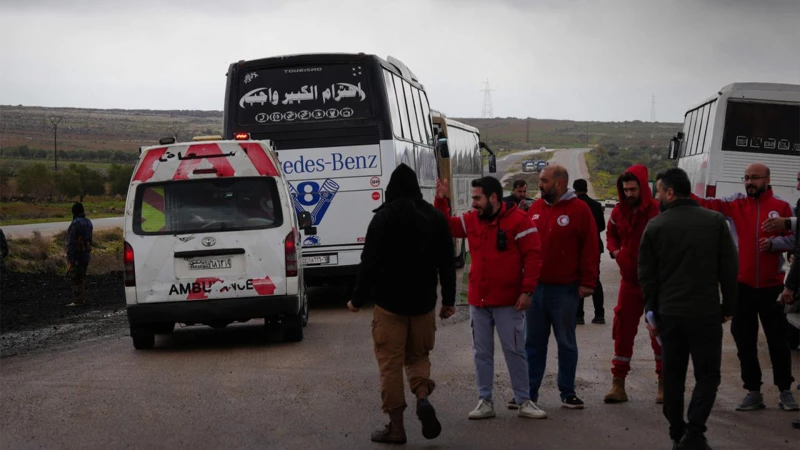ERBIL, Kurdistan Region of Iraq – Kurdistan Region President Nechirvan Barzani on Tuesday emphasized the importance of Kurdish parties to enter the Iraqi parliament as a unified force and for the "proper" implementation of the Iraqi constitution.
"There must be an effort for Kurdish parties to go to Baghdad united," said the president at the sixth Middle East Peace and Security Conference (MEPS) in Duhok.
"It is important for us [Kurdish factions] to agree on one thing—on the [best] interests of the Kurdistan Region," Barzani affirmed.
Iraq held its general parliamentary elections last week, the sixth since the 2003 US-led invasion. The Kurdistan Democratic Party (KDP), of which Nechirvan Barzani is a vice president, gained over 1 million votes, securing 26 seats in the legislature, the most of any Kurdish party.
The president said that one of the KDP’s main demands during the election campaigns was for the "Iraqi Constitution to be implemented properly."
"If we want Iraq to become stable, the first condition is implementing the constitution," he emphasized.
Barzani noted that Baghdad’s way of dealing with issues with Erbil is "not constitutional" but is "very centralized and not federal."
Top KDP officials have continuously slammed Baghdad for evading the implementation of Article 140 and other constitutional components related to Kurdish rights, arguing that Iraqi authorities use the constitution as a political tool and only deliver parts that serve their "interests."
Article 140 of the Iraqi Constitution mandates a process to outline a clear and definitive boundary in the disputed territories by introducing a referendum to determine the will of the residents living in those areas. The implementation of the article has been continuously delayed by the Iraqi federal government.
SDF integration into the Syrian Army
The Kurdish authority in Northeast Syria (Rojava) has, in recent times, struggled with the framework of integrating their forces and institutions into the Syrian state apparatus under a March 10 integration agreement signed by the commander of the Kurdish-led Syrian Democratic Forces (SDF) Mazloum Abdi and Syrian President Ahmed al-Sharaa.
While the Kurdish component demands retaining a degree of autonomy in areas under their control and for their armed factions to join the Syrian army as a united constituent rather than individually, Damascus has maintained a clear centralizing ambiton, accusing the Syrian Kurds of harboring a separatist agenda.
The war of words has been compounded by reccurent violent clashes between the SDF and Syrian state forces in recent months.
Barzani said the Kurdistan Region has repeatedly called on Syrian Kurds to play an "active role" in the formation of the new Syrian government, lamenting the dominant stance in Damascus in support of a "centralized system."
"We believe Syria will not reach any solutions" with a centralized system, due to the country’s diverse social fabric, the president argued. "Kurds in Syria must not waste this opportunity and resolve their problems through dialogue. In the Kurdistan Region, we stand ready to help."
Barzani received a letter from US Secretary of State Marco Rubio on November 11 in which the latter praised the president for his "leadership" and "responsible statesmanship" in supporting peace efforts in Syria and across the region.
As for the wholesale integration of the SDF under the auspices of Damascus, Barzani called the move "not realistic," drawing parallels with when the Region was demanded by the American mediators to amalgamate the Peshmerga into the Iraqi army.
"We told them [US mediators] this is not practical, it’s not realistic… For them [the SDF], it’s the same matter; it’s not realistic to tell them one by one, 'You have to join the Syrian army.' They have to find a different [approach]," Barzani added.



 Facebook
Facebook
 LinkedIn
LinkedIn
 Telegram
Telegram
 X
X


